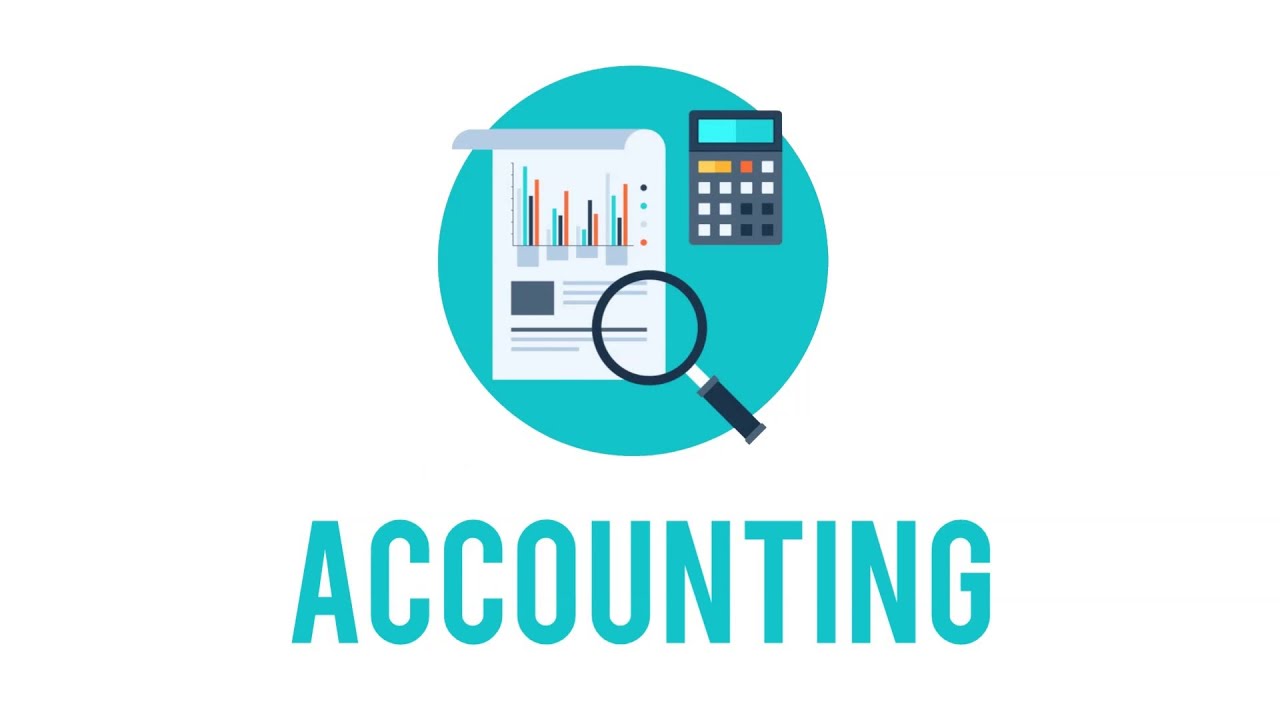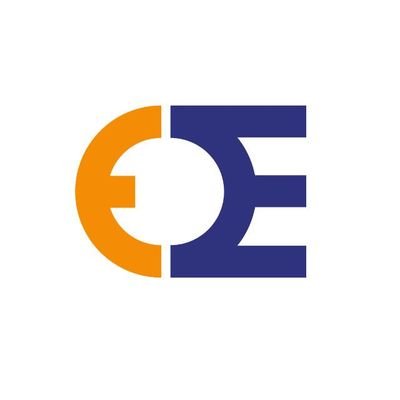Physical Address
304 North Cardinal St.
Dorchester Center, MA 02124

Your dream of becoming an accountant is within reach—but one wrong JAMB subject could shatter it. Are you ready to learn about the subjects for accounting in JAMB and make the right choice? You’re not alone! Thousands of students make mistakes each year by choosing the wrong subjects to combine for accounting in JAMB, which can hurt their chances of getting into the university of their choice.
But don’t worry—this guide will help you avoid those mistakes and give you the best chance to succeed. We’ll explain the subjects you need for accounting in JAMB and give you extra tips on boosting your chances of getting admitted to the top accounting programs.

And there’s a powerful tool we’ll introduce at the end—the ExcelMind app—that will make passing JAMB Accounting easier than you ever thought possible.
Also: Subjects for Computer Science in JAMB for Guaranteed Success
Before anything else, let’s talk about the subjects you must choose if you want to study accounting. For every student who wants to take accounting at a Nigerian university, there are some basic subjects required by JAMB:

But picking these subjects is just the beginning. Most students already know these requirements, but it’s important to think carefully about your fourth subject because this could be the factor that makes your application stand out or hurt your chances.
The fourth subject is where many students make mistakes. You might think that choosing any Social Science subject is enough, but that’s not the case. Some schools prefer certain subjects over others, and choosing a subject like Commerce or Business Studies can often give you an edge over students who pick Government or Geography.
Why is this important?
Because universities see subjects like Commerce as more relevant to accounting. Commerce teaches you about business practices and accounting principles, which directly relate to what you’ll be studying in your accounting degree. Schools like UNILAG and OAU consider this subject to indicate that you’re ready for their accounting programs.
By picking the right fourth subject, you show the admissions officers that you are serious about accounting and already have a solid foundation for the course.
Now that you know the basics, let’s look at some of the common mistakes students make when picking their JAMB subjects for accounting:
To give yourself the best chance of being accepted into an accounting program, choose your fourth subject wisely. Here are the best options:
If you’re aiming for top universities like UNILAG, OAU, or UNIBEN, picking one of these subjects as your fourth option will make you stand out from the crowd.
Now that you know the right subjects, what if we told you there’s an app that can make preparing for JAMB Accounting easier than ever before?

Meet ExcelMind, the number one app for JAMB preparation. Here’s why this app can help you pass your JAMB Accounting exam without all the stress:
By using ExcelMind, you’re not just preparing for JAMB—you’re setting yourself up to excel in accounting from day one.
Many universities have special requirements (known as waivers) that go beyond the standard JAMB subject combination. This means that some schools might accept a different combination of subjects, or they might place extra value on certain subjects.
For example:
This is why it’s so important to check the requirements of your specific university before finalizing your JAMB subjects. Using a general subject combination might work for some schools, but you’ll get an edge if you tailor your subjects to the preferences of your dream school.
Read: Helpful Tips on How to Pass Government in Jamb for O’Level Students
Now that you know the right subjects for accounting and the common mistakes to avoid, it’s time to take action. Don’t let confusion or a wrong subject choice hold you back from becoming the accountant you’ve always dreamed of being.
Download the ExcelMind app today and let it guide you through the process. With real-time simulations, subject-specific tutorials, and a personalized study plan, ExcelMind makes passing JAMB Accounting easier than ever before.
Don’t wait—your future as an accountant starts now. Click here to download ExcelMind and start your journey to success!
The four subjects required in JAMB for Accounting are:
English Language (mandatory for all courses)
Mathematics
Economics
Any other Social Science subject (such as Commerce, Government, or Geography)
To study Accounting, whether in secondary school or university, here are the key subjects you’ll need at different levels:
1. O’Level Subjects (WAEC/NECO/NABTEB)
You must have at least five credit passes in the following subjects to qualify for admission into an accounting program:
English Language
Mathematics
Economics
Commerce or Business Studies
Any other relevant subject (such as Principles of Accounts, Government, or Geography)
The JAMB score required for Accounting varies depending on the university you’re applying to, but here are some general guidelines:
Top Federal Universities (e.g., UNILAG, UNIBEN, OAU, UI): These universities often require a minimum JAMB score of 250 or above to increase your chances of admission due to high competition.
State Universities: Many state universities may require a JAMB score of around 220 to 240 for accounting.
Private Universities: Private universities may have a lower cutoff, often around 180 to 200, but some top private institutions may require higher scores.
Yes, Economics is required to study Accounting in most Nigerian universities. It is one of the core subjects needed both at the O’Level (WAEC/NECO) and in JAMB for admission into Accounting programs.
In Nigeria, it typically takes four years to study Accounting at most universities for students entering through the UTME (JAMB) route. Here’s a breakdown:
UTME (JAMB) Entry: Students who gain admission through JAMB will spend four years completing their Bachelor’s degree in Accounting if they meet all academic requirements without delays.
Direct Entry (DE): For students entering through Direct Entry, such as those with an ND, HND, or relevant A-level qualifications, the duration is usually three years, since they may be admitted directly into the second year of the program.